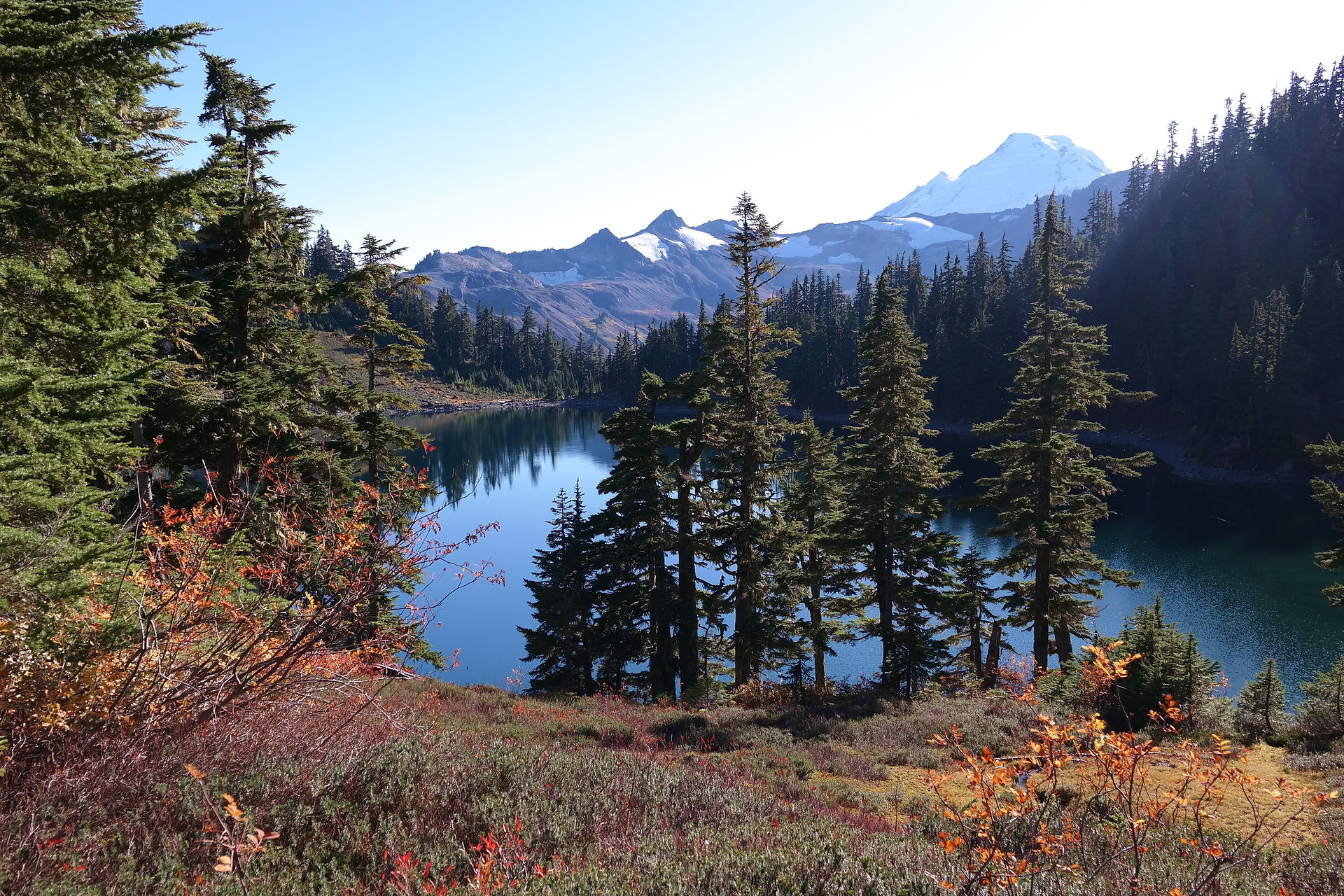Choosing A Backpacking Tent
- Jerry Caldwell

- Nov 5, 2019
- 3 min read
Updated: Nov 12, 2020
Choosing a Tent can be Daunting
When I decided to dive back into backpacking in 2015 my main anxiety was choosing a tent. There were so many options. Sorting through the online reviews become overwhelming. Mostly because I did not understand what made a tent a good tent. I had not camped in the wilderness recreationally since 1989. The tents I used in the Marine Corps? Well, I’ll just stop there.
In the end I drove down to the local outdoor store, purchased a nice looking 2-man backpacking tent, advertised as waterproof, which was within my price range.
You could probably do the same thing and end up just as happy as I was. The tent I purchased was a Eureka Midori 2. I still own it. I am using a different tent now but not because I found the Eureka lacking in any manner. You can find my reviews on the tents I own in this section
One word of caution if you go the same route I did in 2015. The old adage, “you get what you pay for,” very much applies with backpacking tents. The first trip for one of our members in July of 2019 was with a $15 tent. It rained. She ended up hiking 1.3 miles back to her car to spend the night.
Now that I know a bit more about tents…
Most hikers evaluate tents with the following things in mind:
Total carrying weight
Ease of setup
Presence of a vestibule (it’s hard to imagine a backpacking tent that doesn’t have one of these)
Advertised as waterproof (again, hard to imagine a backpacking tent not being this)
Strength and durability of the fabric. Also known as Denier. You can read about denier here.
One or two vestibules? Two is better than one in my opinion. Especially for a 1-person tent.
Is the tent well ventilated with the rain fly closed? Poor ventilation can lead to condensation on the inside.
Does it have storage netting on the inside and cargo pockets.
Does it come with a ground cover?
If it comes with a ground cover, does the ground cover have grommets such that the tent pole system can be inserted? If so, this allows for setup during the rain, which allows you to set up your main tent body under the rainfly.
In 2015 I had never heard the word vestibule. Now I can’t imagine a tent without one. Consider it your front porch when camping. You can leave your pack and your boots in there overnight. In the mornings I brew my coffee in my vestibule (with one of the doors opened back - don't want to catch my tent on fire).
If you absolutely have to, and are not worried about bears smelling what you will inevitably spill, you could cook your dinner in the vestibule during bad weather. Not recommend! But you could.
Don't know what a vestibule is? Go here to learn.
I’m not as concerned about my pack weight as other hikers. Both of my tents pack down at 6 pounds. Appalachian Trail through-hikers would probably gasp at that value. One of the popular MSR tents I've been eyeing is advertised at approximately 3 pounds. But the MSR tent is more than triple the cost of my tent.
Update. I now own the MSR Hubba NX Solo.
I don’t mean to marginalize the 3 pounds and the expense to get there. Every ounce you carry adds up. The heavier the pack the greater the effort to get to that mountain peak. I’m personally okay packing a bit heavier than most hikers. In the cold weather, I'll generally go out with my pack near 37 pounds in cold weather. In the summer I’m down to 32 or 33 pounds. One of my hiking friends goes out at around 29 pounds in the summer.
My pack weight was higher, but during the summer of 2020 I focused on reducing weight. I used to carry near 40 pounds.
A big factor in weight reduction was finding the MSR Hubba NX Solo, for sale at 1/2 price. This tent weighs 2 pounds, 7 ounces.
There are strategies to reduce your pack weight, which I discuss in another article. At some point, if you want a great tent that is really light, then you will need to spend money. Because I’m okay packing a bit heavier than most I’m able to purchase quality tents in the $100 price range.
Both of the tents I own are very easy to set up, have durable fabric, and handle the weather just fine.
I hope this helps in your search for a tent. Or your efforts to replace your current tent.
Best of luck! Happy hiking!





Comments